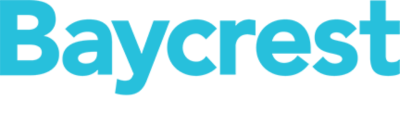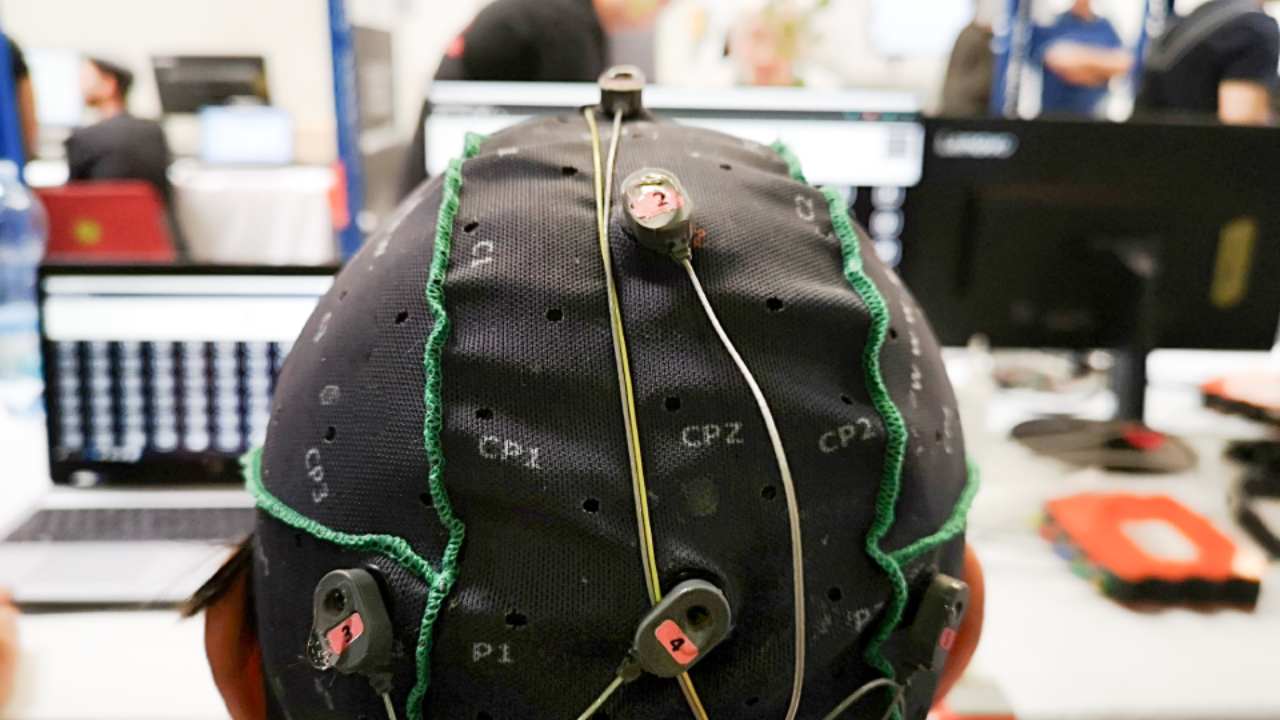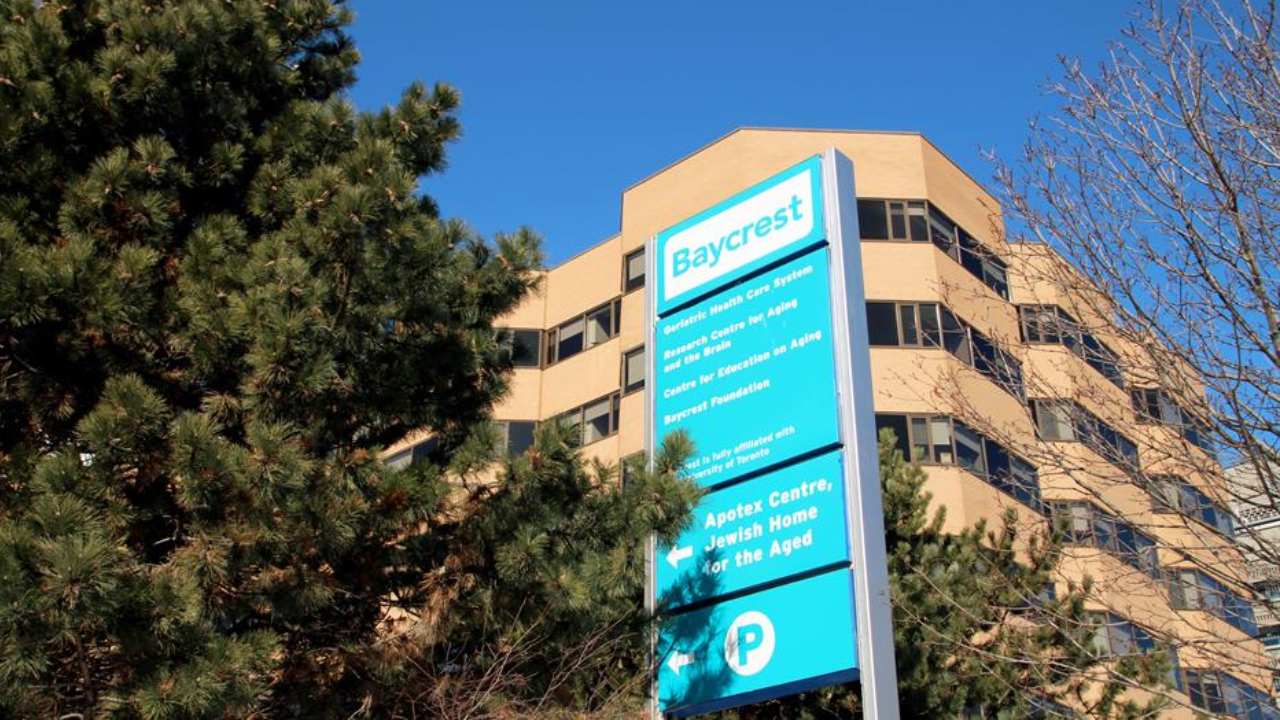
Being a caregiver is a huge responsibility. Whether you’re caring for a family member, friend, or loved one, you’re balancing daily tasks with learning valuable life skills. If you’re a younger caregiver, you may feel uncertain about explaining caregiving gaps on your resume or connecting those experiences to a job you’re after. However, your caregiving experience can be an asset, and there are ways to highlight skills gained from caregiving effectively.
Here’s how to explain gaps on your resume and highlight caregiving experience in a way that conveys it’s value to perspective employers.
1. Recognize the Experience You’ve Gained from Caregiving
Even if you didn’t sign up for caregiving as a formal job, what you’ve been doing is definitely work. The skills developed during caregiving can significantly boost your resume and are highly valued by employers. Some of the most crucial caregiver skills include:
- Time Management: Juggling caregiving duties with other responsibilities, such as school or work, sharpens your ability to prioritize tasks.
- Communication: Whether interacting with healthcare providers or coordinating with family members, clear and effective communication is a skill employers seek.
- Problem-Solving & Adaptability: Handling unexpected caregiving challenges demonstrates your ability to pivot, think on your feet and adjust plans swiftly.
- Empathy & Emotional Intelligence: The deep understanding and emotional awareness required in caregiving are valuable in any job that involves working with others.
- Multitasking: Managing a variety of caregiving tasks shows that you’re capable of juggling multiple priorities efficiently.
2. Addressing Caregiving Gaps in Your Resume? Own It!
If caregiving caused gaps in your resume, there’s no need to shy away from it. Instead, position it as a valuable learning experience. Here’s how:
- Be Honest and Direct: Simply explain the caregiving gap. For example: “I took time off to care for a family member, which allowed me to develop critical organizational and communication skills as I helped manage their care.”
- Highlight What You’ve Learned: Focus on transferable skills, such as scheduling, problem-solving, and multitasking.
- Show Your Dedication: Employers appreciate reliable candidates. Explain how your caregiving experience shows your strong work ethic and commitment.
3. Highlight Your Caregiving Experience on Your Resume
Present your caregiving experience clearly and in a way that highlights relevant skills for the job you’re applying for on your resume and LinkedIn.
Option 1: List It as a Job
If your caregiving experience is extensive, list it just like any other job:
Caregiver / Personal Assistant
March 2018 – Present
Responsibilities:
- Coordinated daily schedules and appointments for a family member with a chronic illness.
- Communicated with healthcare providers to ensure proper care.
- Managed personal tasks such as shopping, meal prep, and transportation.
Option 2: Add It to a “Skills” Section
If you prefer not to list it as a formal job, create a Skills section:
Key Skills:
- Time Management & Scheduling
- Effective Communication with Healthcare Providers
- Problem-Solving & Critical Thinking
- Emotional Intelligence & Patience
- Multitasking & Prioritization
4. Be Ready to Talk About It in Interviews
During an interview, an opportunity to highlight your caregiving experience might come up. Be prepared to talk about how it has shaped you and made you a stronger candidate.
- Focus on What You’ve Learned: Emphasize transferable skills that will benefit the company, such as communication, time management, and multitasking.
- Stay Positive: While caregiving can be tough, highlight how it helped you become more resilient, adaptable, and capable of managing multiple responsibilities.
5. Get Some Extra Caregiving Experience with Volunteering or Part-Time Work
If you’re concerned about transitioning back to full-time work after caregiving, consider volunteering or taking part-time work to ease back into the workforce. This can help fill gaps on your resume while reinforcing the skills you’ve gained as a caregiver.
Remember, caregiving is not a career break. Instead, it’s an experience that has made you more adaptable, organized, resilient and empathetic. By focusing on the transferable skills you’ve developed, you can turn your caregiving journey into a professional asset that strengthens your resume and sets you apart in your job search.
Related Articles: Young Caregivers









